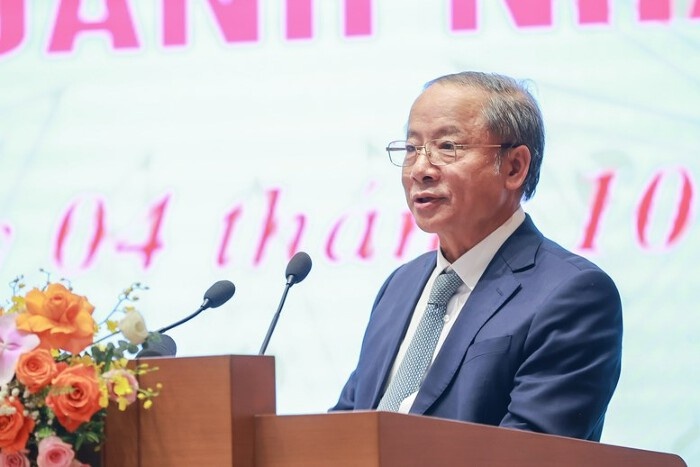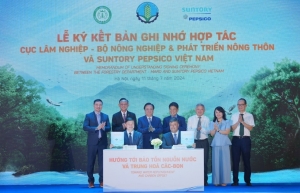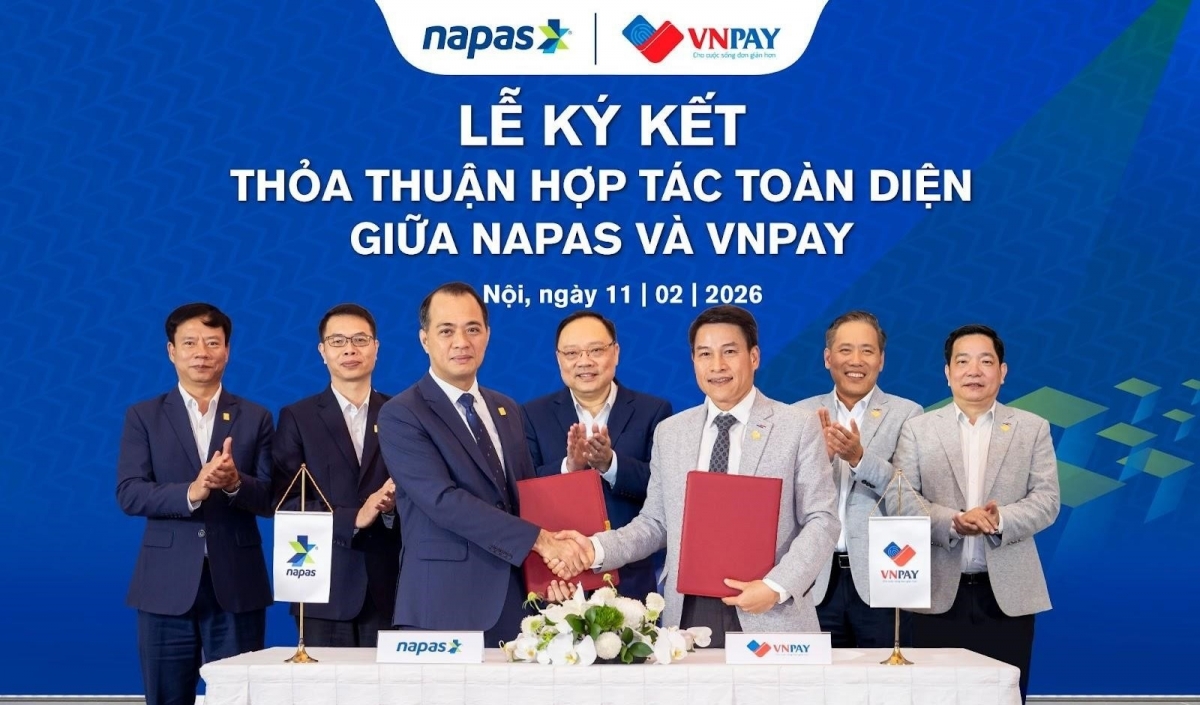INTERNATIONAL INVESTMENT
AND PORTAL
 Nguyen Van Than, chairman, VINASME
Nguyen Van Than, chairman, VINASME
This viewpoint was heard as Prime Minister Pham Minh Chinh chaired a meeting with various business representatives on October 4, coinciding with Vietnam Entrepreneurs' Day.
Nguyen Van Than, chairman of the Vietnam Association of Small and Medium Enterprises (VINASME), stressed the importance of accelerating public ventures, particularly the North-South Expressway and North-South High-Speed Railway.
"These projects are essential to creating a foundation for regional and local economic development," said Than.
Than also highlighted the clear impact of public investments, saying, "The completion of phase one of the North-South Expressway has fundamentally transformed local economies, creating opportunities for investment and job creation."
Looking ahead, the government is set to implement phase two of the expressway project, alongside studying the North-South High-Speed Railway.
However, Than acknowledged the major challenge of securing adequate funding, saying, "The key issue is capital - ensuring projects are on time, effective, and most importantly, cost-efficient."
To address this, Than suggested the government develop a concrete plan to mobilise capital from the public for these projects, proposing the issuance of government bonds at attractive interest rates to incentivise citizen participation.
"When the country needs support, Vietnamese businesses and citizens are always ready," he said.
He further emphasised that Vietnamese firms have the capacity to manage large projects. The government should entrust major domestic companies to secure funding and negotiate with international partners for technology and expertise.
This approach, Than argued, could reduce costs significantly and improve efficiency while mitigating risks for contractors.
Than went on to note that small and medium-sized enterprises account for 97 per cent of Vietnam’s business community, contributing over 40 per cent of GDP, 40 per cent of state revenue, and employing 60 per cent of the workforce annually.
Medium-sized enterprises, which account for 4 per cent of total businesses, are particularly critical in bridging large corporations with small and micro businesses.
Than recommended that the government prioritise policies to support these firms, noting, "Expanding the number of medium-sized firms will drive the economy forward, bringing smaller businesses along the way with them."
Large enterprises, representing 3 per cent of businesses, also play a pivotal role in the economy, often operating across multiple industries. These companies are essential to Vietnam’s value chains. Than suggested that the government should assign specific tasks to these large firms and provide tailored support policies to help them focus on key strategic sectors.
Additionally, Than called for the government to introduce a dedicated law for household businesses, which currently number around five million - six times the number of registered enterprises. He proposed clear criteria that would require household businesses meeting certain thresholds to convert into companies, alongside tax, capital, and interest rate policies to support this transition.
"It’s unfair that household businesses are only partially covered in the Law on Enterprises," Than remarked, calling for more comprehensive legislation.
Than also advocated for the establishment of a national fund to entice and develop talent, funded by contributions from large companies. This fund, he suggested, could play a critical role in nurturing talent for Vietnam, particularly in science and technology.
 ESG adoption may be crucial for growth
ESG adoption may be crucial for growth
The implementation of environmental, social, and governance (ESG) policies will bring long-term value to businesses and increase their competitive advantage, according to Patrick Haverman, deputy resident representative of the United Nations Development Programme (UNDP) in Vietnam.
 Public and private sector cooperate to boost sustainable forest development
Public and private sector cooperate to boost sustainable forest development
The Ministry of Agriculture and Rural Development's Forestry Department and Suntory PepsiCo Vietnam signed an MoU on July 11 to jointly develop the forest ecosystem.



















